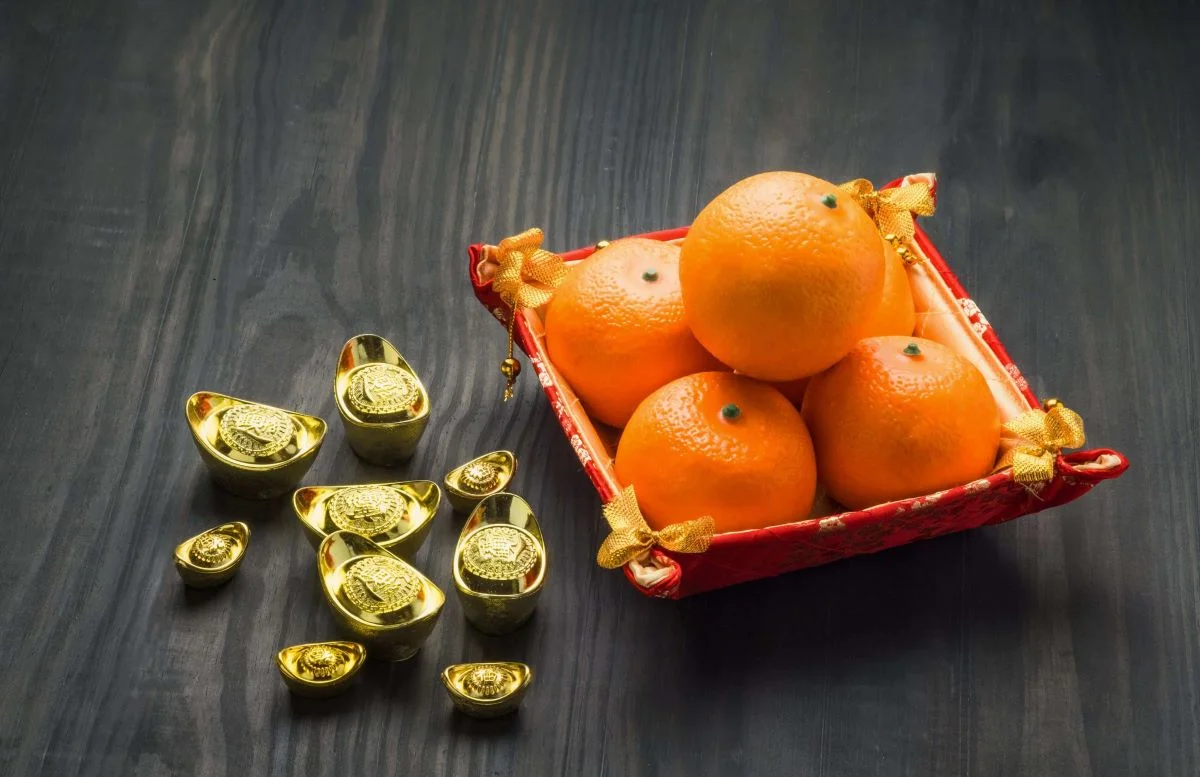The home should be a safe space for anyone and everyone. With everyone stuck within the confines of their home, this holds true now more than ever as we stay locked down within our homes due to the pandemic. The way our homes are laid out, decorated, maintained, and cleaned can and should have a powerful and lasting impact on how we feel, how productive we are, and how well we sleep. Essentially, it dominates every aspect of our home life, probably even more so if we share that space with other people, where our individual energies and personal styles are bound to affect one another.
Crown Asia is dedicated to bringing you the best at-home experience there is, our articles are focused on improving every aspect of your life, we regularly write about innovative, creative, and sustainable ways to decorate our homes, and in honor of Chinese New Year, today we’ll be looking deeper into the ancient Chines practice of Fengshui that goes way beyond mere decoration and aims to bring a deeper balance and harmony to your homes.
What is Feng Shui
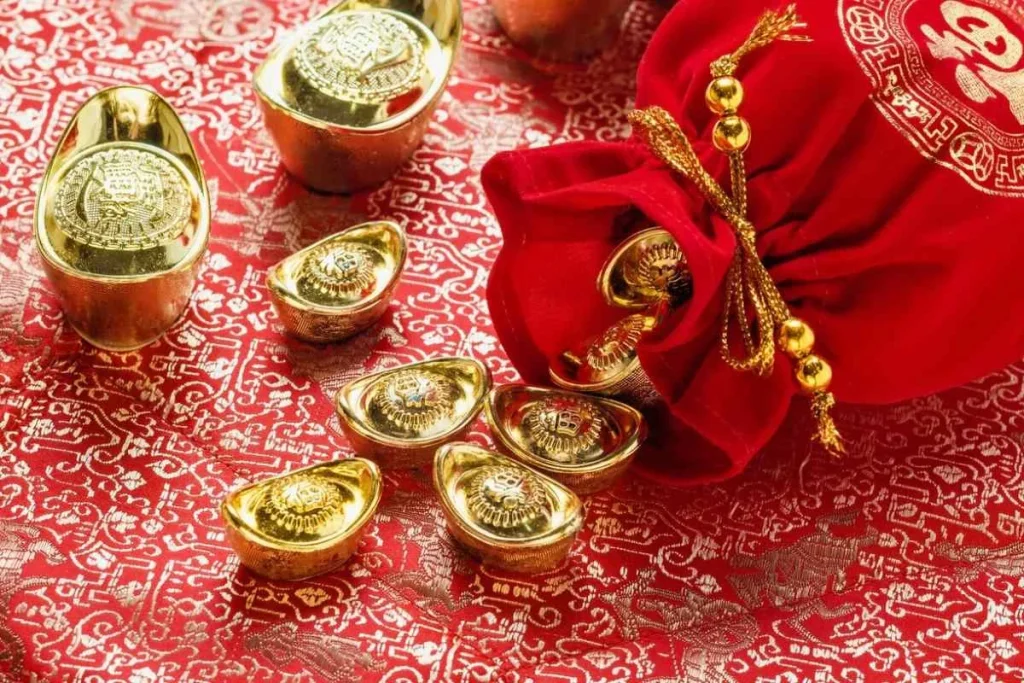
Feng Shui is a complex system of ancient practices that aims to enhance your wellbeing inside a space (be it a home, an office, or a garden) by promoting a good flow of energy within that space. Chi is the term more specifically used in feng shui to refer to the universal energy present in and around us. The aim of feng shui is to direct the flow of Chi within the confines of our space in a way that contributes to a good flow of Chi inside ourselves as well.
Simply put, Feng shui is an ancient Chines philosophy that seeks to find balance and harmony between elements. Incorporating feng shui goes beyond Western design tenets of comfort or aesthetics. It instead places emphasis on physical and mental health, success, and healthy relationships brought on through positive energy flow.
Now, we know just how weird and out of the ordinary, this may sound. Feng Shui is an immense and complex system of traditional practices and there’s not a single blog post that can possibly aspire to make you an expert on it. Today, we’ll be breaking it down into the basic concepts and principles, to help give you a solid understanding of what it’s all about – and what it isn’t.
Why Should You Do Feng Shui
Practitioners of Feng Shui use color, sound, and lighting to create an ambiance, with the strategic use of artwork, plants, and flowers further modifying our moods. And while it may sound like a bunch of hocus pocus, what does science have to say about the effectiveness of Feng Shui design?
Unfortunately, environmental psychologists who have studied Feng Shui have concluded that there is no evidence that following Feng Shui principles have any measurable effect on human beings. The main problem is that there is no reason to believe that chi, the main principle behind Feng Shui even exists. Without Chi, there can be no Feng Shui
While there’s no clear science behind Feng Shui if you’re looking for a boost to your health, mental acuity, and career success by harnessing unseen forces through your home furniture arrangement sorry to say that you’ll most likely be disappointed.
Although, and take what we say with a grain of salt, there can’t be anything wrong with arranging your furniture in a way that mentally benefits you. If you’ve ever heard of the placebo effect, then you’ll know the power of a believing mind – that the mere notion of belief in the efficacy of Feng Shui is enough to empower the unseen forces of your home furniture and provide you a positive feeling as you make your way around your home.
Basics of the Feng Shui Principles
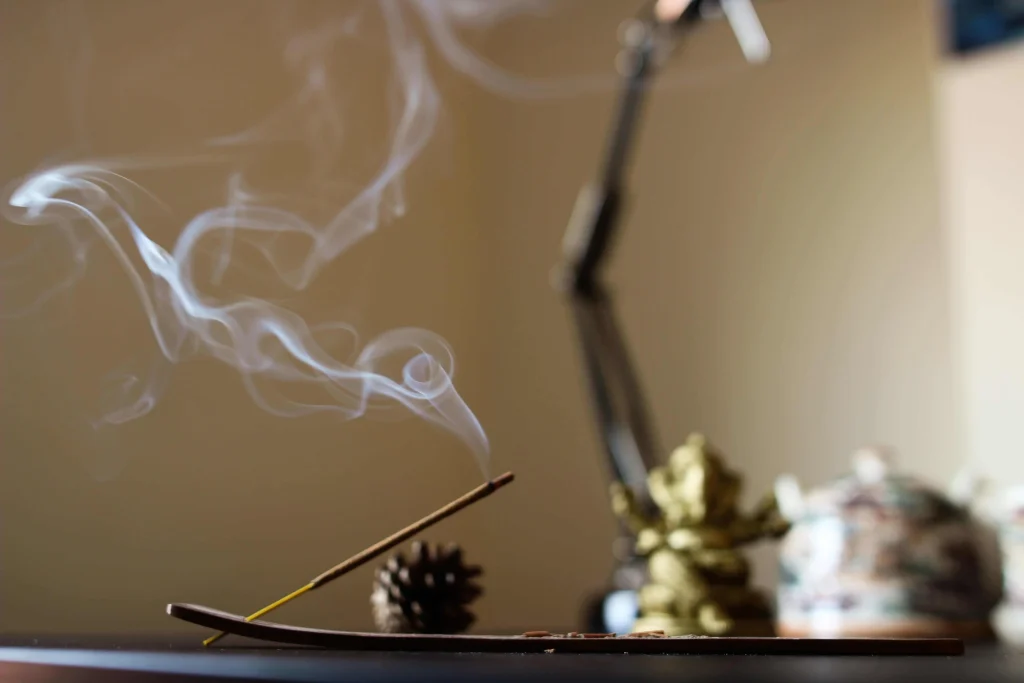
The key to understanding the power of Feng Shui is appreciating the role played by Chi.
As a short reminder, Chi is the positive energy that we wish to encourage in the places where we spend time, it circulates best in spaces that contain soft objects with rounded edges. Irregular objects with sharp points or angles can block or disrupt the flow of chi, resulting in a concept known as “sha chi”, which is supposedly negative energy that has a bad effect on both people and places.
Take, for example, the curved roof of Asian roofs, you’ve probably wondered as to why that is. It was initially thought that the curved roofs of Asian houses are supposed to ward off evil spirits, especially given that they are assumed to be only able to move in straight lines, the roof was intentionally curved so that evil spirits could not walk on it and enter the house.
That said, basic feng shui principles also have some practical truths behind them. Take the curved roof as the same example. While spirits may not be real, curved roofs actually have brilliant architectural concepts behind them. Asian roofs are gently curved out at the corners in order to allow more light to enter the windows in winter and provide extra shade in the summer. This happens because, in the summertime, the sun is more directly overhead while in the winter it only gets about 35 degrees above the horizon at noon.
Anyway, maximizing feng shui is a process of maximizing five important elements of feng shui: wood, metal, earth, water, and fire.
Wood is the supposed symbolism of growth and vitality. Placing wood items in your space, for example, encourages personal growth. Hence, a wooden table is conducive for growth, and plants and wooden furniture are easy ways to add this element into your environment.
Metal symbolizes logic and intelligence. The presence of this element supposedly supports knowledge and mental sharpness. Add this element to your space with metal frames or sculptures. Having a metal object in a wood-dominated space, for example, provides you with an object to focus on when you require time to focus.
The third element is the earth, which supposedly symbolizes stability and balance. As it helps to ground and stabilize you and your environment. Having earth elements inside your home such as rocks, crystals, and landscape imagery could help ground and calm you down.
The fourth element is water. Water symbolizes wisdom and serenity. Helping with clarity and relaxation, this element is supposedly set out to add relaxation into your space. Adding stuff like mirrors, reflective surfaces, and aquariums just might be the key to unlocking the calm and serenity needed to tackle the right tasks.
The final element is fire. Fire is symbolistic for passion and energy and it’s often representative of transformation, expansion, and volatility. It would be best to use candles and red objects to enhance your space with fire. Like metal, the concept here is to spark (see that wordplay?) creativity and confidence within yourself and capitalize on the area around you.
Feng Shui For Beginners
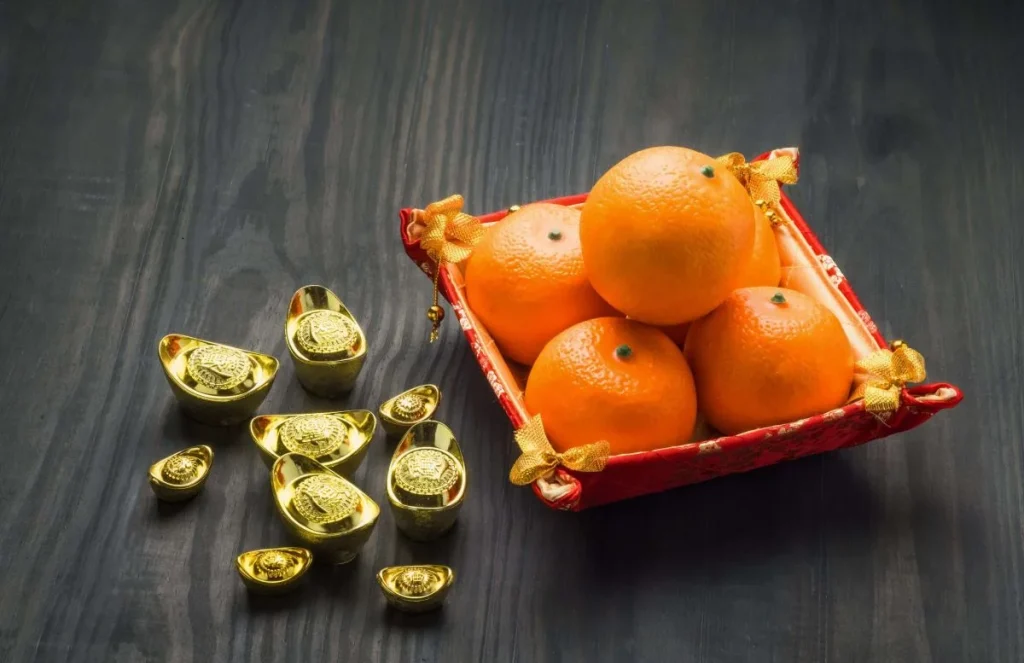
At its core, Feng Shui is all about color, sound, and lighting to create an ambiance with the strategic use of artwork, plants, and flowers that further modify our moods for better or for worse. There are many practitioners that highlight the need for water features such as fountains and aquariums or wind-sensitive objects such as wind chimes or flags can be included. Products like these, however, are only often for dramatic effect.
For people only starting off in Feng Shui, here are a few tips:
For interior spaces, make sure to take into account the size of the furniture in relation to the scale of the space, keep the couch backed up against the walls and configure furniture that makes a conversation easy and flowing; pathways between areas within rooms should remain open and uncluttered. While many of this may seem obvious and based on common sense, the primary principle behind this is that it allows you to do whatever you want when you’re at home.
Even the shape of the table you’re using should be a consideration in your home, a rectangular table could be fine in a dining room for example, but it would be much better to have circular or oval tables in a living room as the mix of shapes not only serve a great effect but also show differences between the purposes of the furniture. Also, make sure to use mirrors, reflective materials, and crystal chandeliers to make dark or small spaces seem larger and brighter.
Finally, in a bedroom, it is thought best to put the head of the bed against the wall furthest from the door – make sure that you don’t line up your headspace directly with the door as Ancient Chinese believe this to be a portal to a different dimension and often refer to this position as the coffin position.
While there are many more considerations in Feng Shui, the tips we’ve provided above should be enough to serve as a basic guide for even the most clueless beginner.
For our more advanced and interested readers, however, head on over to the next section – we’ve written that specifically for you as we go into a deeper depth of what to consider to bring good Feng Shui into your house.
List of Feng Shui Considerations in the Vicinity of your Crown Asia Home
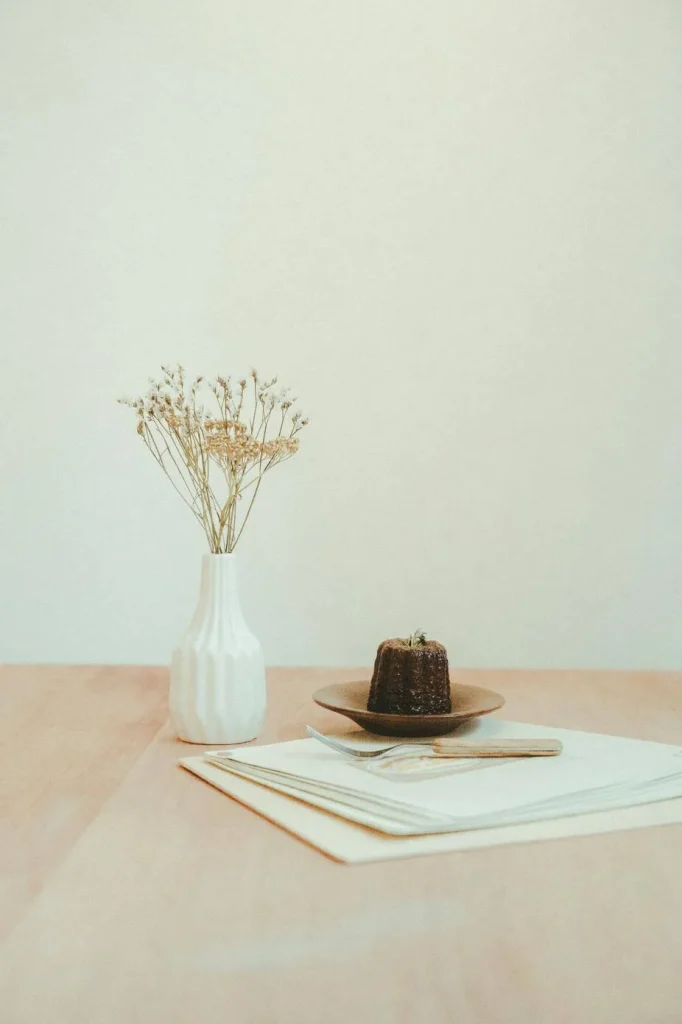
We’ve covered some basic feng shui tips for beginners in the previous section, even covering the basic meaning behind feng shui earlier in the article, but how do we put this into actual practice? How do we channel good Feng Shui into our home?
Check out this list of 5 Feng Shui considerations to boost your knowledge of the craft:
Brighten Up from the Entry
In feng shui, your entry supposedly represents how energy enters your home and your life. Naturally, the home’s entryways, the doors, and whatnot should be the first place to start when you’re looking to create good feng shui in your home.
If you have any clutter or debris in your entryway, make sure to remove it. A lot of objects tend to accumulate at the front door, we all have that bowl that just collects random stuff that we get throughout the day, don’t we? Just make sure that the front entry isn’t overlooked and make the space more inviting and spacious by adding personal touches to it – this creates a place for positive energy within the home to collect and gather.
Plus, when you feel a strong connection to the entryway, you’ll find yourself looking forward to coming home, the warm and inviting place it is.
Consider Your Doors
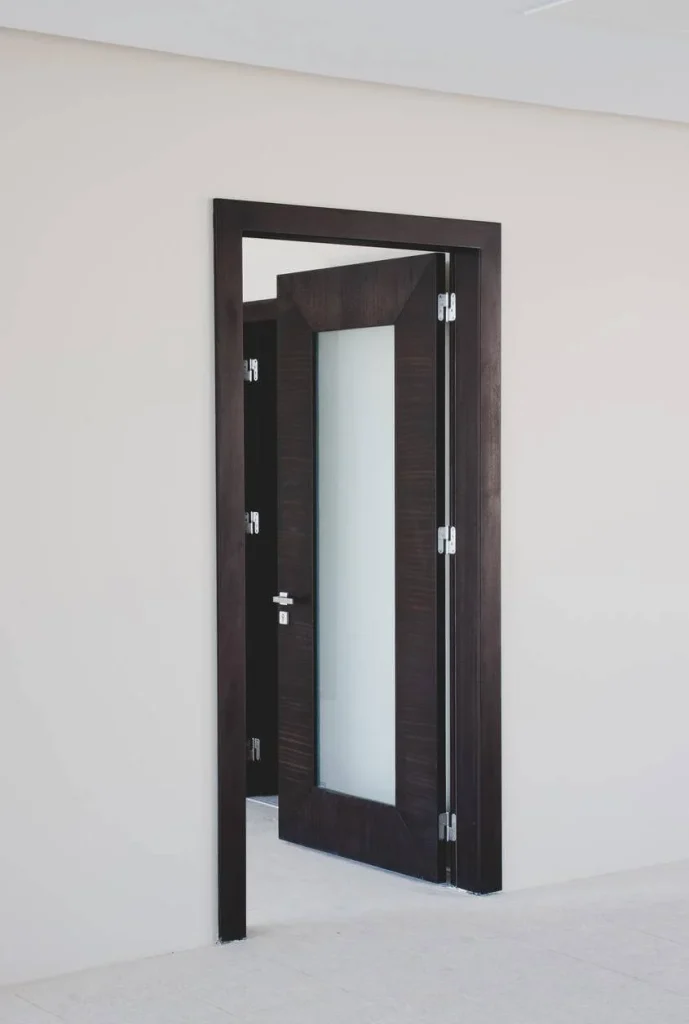
In feng shui, the door is representative of your voice and communication. If you recall in the earlier section of this article, some people even go far as to refer to it as a portal into another dimension, though perhaps a portal to different opportunities may be a more realistic and practical answer.
When you look at your doors, make sure that they can open to at least a full 90 degrees. When there is a notch of clutter behind a door, it can’t open all the way and many people believe this to mean that you’re only able to receive a portion of the opportunities that life has to offer. Keep your doors open, literally.
Other than that, make sure that they’re all working properly. Make sure that the hardware and hinges function and that they can open and close with ease – that’s how good energy finds you.
Commanding Position
One of the most important principles in feng shui is the commanding position. This governs how you can position yourself in life – so be sure to apply this principle to the locations of your bed, desk, and stove – they each represent different aspects.
The bed represents you, the desk represents your career and the stove represents your wealth. While in the vicinity of any of these items, be sure that you can see the door without being directly in line with it.
When you are in a commanding position, it’s believed to indicate that you are in command of your life. You are in a position to receive positive energy and the best opportunities – what’s not to love?
Related Blog: Feng Shui Predictions for 2022


